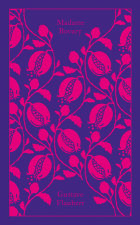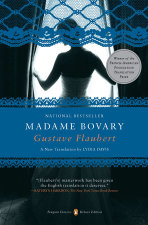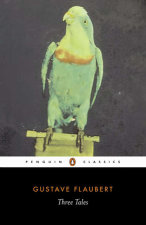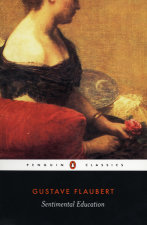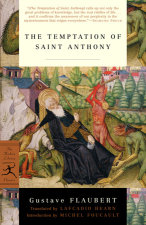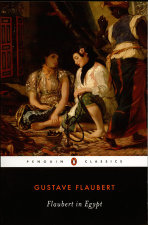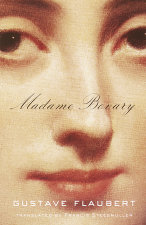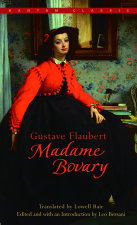1857-1880

Having been acquitted of the charge of “outrage of public morals and religion” brought against him upon the publication Madame Bovary, Gustave Flaubert found himself, in 1857, a celebrity and one of the most admired literary men of his day.
Francis Steegmuller’s volume of Flaubert’s letters from the years culminating in that triumph was hailed by the New York Times as “brilliantly edited and annotated…a splendid, intimate account of the development of a writer who changed the nature of the novel.” It went on to garner widespread critical acclaim and to win an American Book Award for Translation.
Now, in the second volume, we see Flaubert in the years of his fame—the years in which he wrote Salammbô, L’Éducation sentimentale, The Temptation…
$112.00
November 2, 1982
Gustave Flaubert grew up in Rouen, France, and did not leave his birth city until he was 19 when he went to study law in Paris. After three years, however, Flaubert abandoned law and began writing. His first finished work was November, a novella. In September 1849, Flaubert completed the first version of a novel, The Temptation of Saint Anthony. His exploration of themes of spiritual torment was just the beginning of Flaubert's controversial subject choices. His frank and realistic display of the sex, adultery, and other goings-on in bourgeois France in Madame Bovary saw him go on trial for immorality, charges he only narrowly escaped. He died in 1880.


